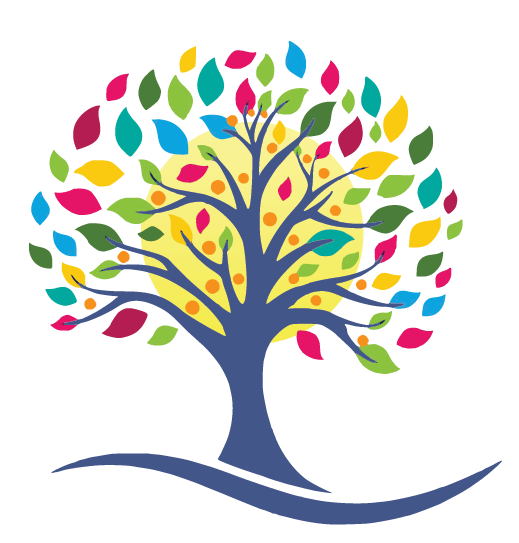Understanding the Addiction Relapse Cycle: Breaking the Chain
Addiction is a complex disease that can impact individuals from all walks of life. While treatment can be highly effective, relapse is a common concern. Understanding the addiction relapse cycle can be crucial for individuals in recovery, their loved ones, and anyone who wants to support them.
What is the Addiction Relapse Cycle?
Relapse isn't simply a single event of using a substance again. It's a progressive process with distinct stages, often starting long before the actual use occurs. Recognizing these stages can empower individuals to identify triggers and implement strategies to prevent relapse.
The Stages of the Addiction Relapse Cycle:
- Emotional: This stage involves unaddressed negative emotions like stress, anxiety, depression, or loneliness. These emotions can trigger cravings for the substance used to cope previously.
- Mental: Once emotional triggers are present, mental preoccupation
- with the substance begins. This may involve fantasizing about using,
- justifying past behavior, or minimizing the risks of relapse.
- Behavioral: This stage involves high-risk behaviors
- that increase the likelihood of relapse. These can include visiting
- places associated with past use, spending time with people who use, or
- neglecting recovery activities.
- Physical: This is the point of relapse, where the individual uses the substance again.
Preventing Relapse:
While relapse is a possibility, it's essential to remember it's not inevitable. By understanding the cycle and implementing preventative strategies, individuals can decrease their risk significantly. Here are some key strategies:
- Identify triggers:
- Recognizing personal triggers and developing coping mechanisms is
- crucial. This might involve relaxation techniques, healthy activities,
- or seeking support from loved ones or therapists.
- Maintain a support system:
- Surround yourself with supportive and understanding people who
- encourage recovery. Consider joining support groups or therapy sessions.
- Practice self-care: Prioritize activities that promote overall well-being, such as healthy eating, regular exercise, and getting enough sleep.
- Develop healthy coping mechanisms:
- Learn healthy ways to manage stress, anxiety, and other negative
- emotions. This might include mindfulness practices, exercise, or
- creative outlets.
- Seek professional help:
- Don't hesitate to seek professional guidance from therapists or
- addiction specialists who can offer personalized support and strategies.
Remember, recovery is a journey, not a destination. There will be challenges along the way, but with awareness, self-care, and a strong support system, individuals can overcome the addiction relapse cycle and achieve lasting recovery.


